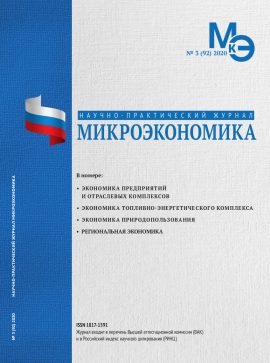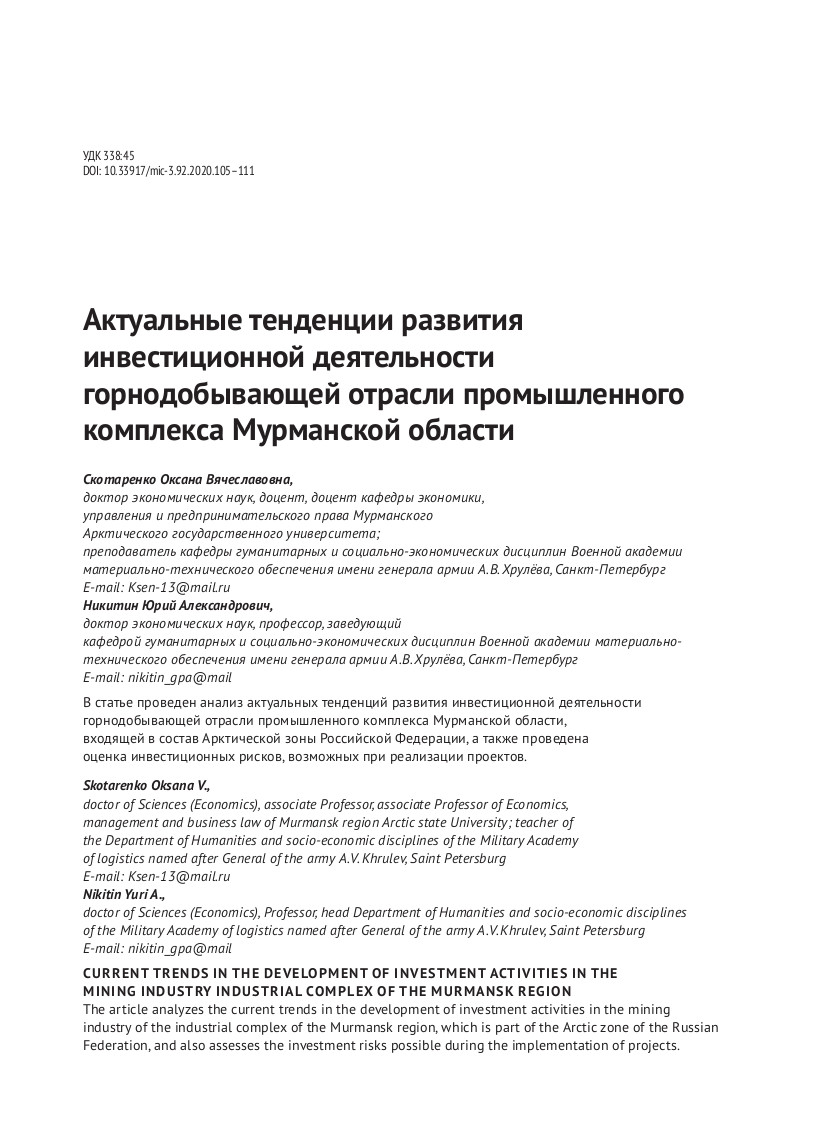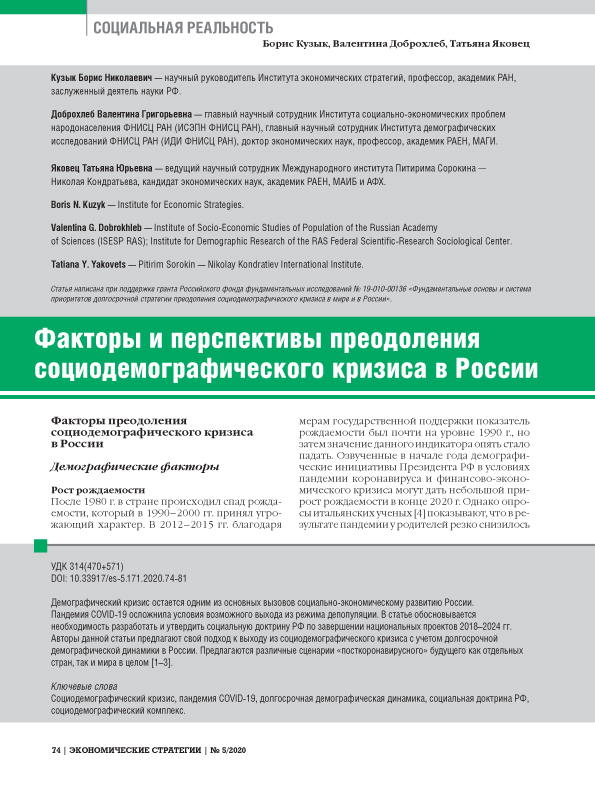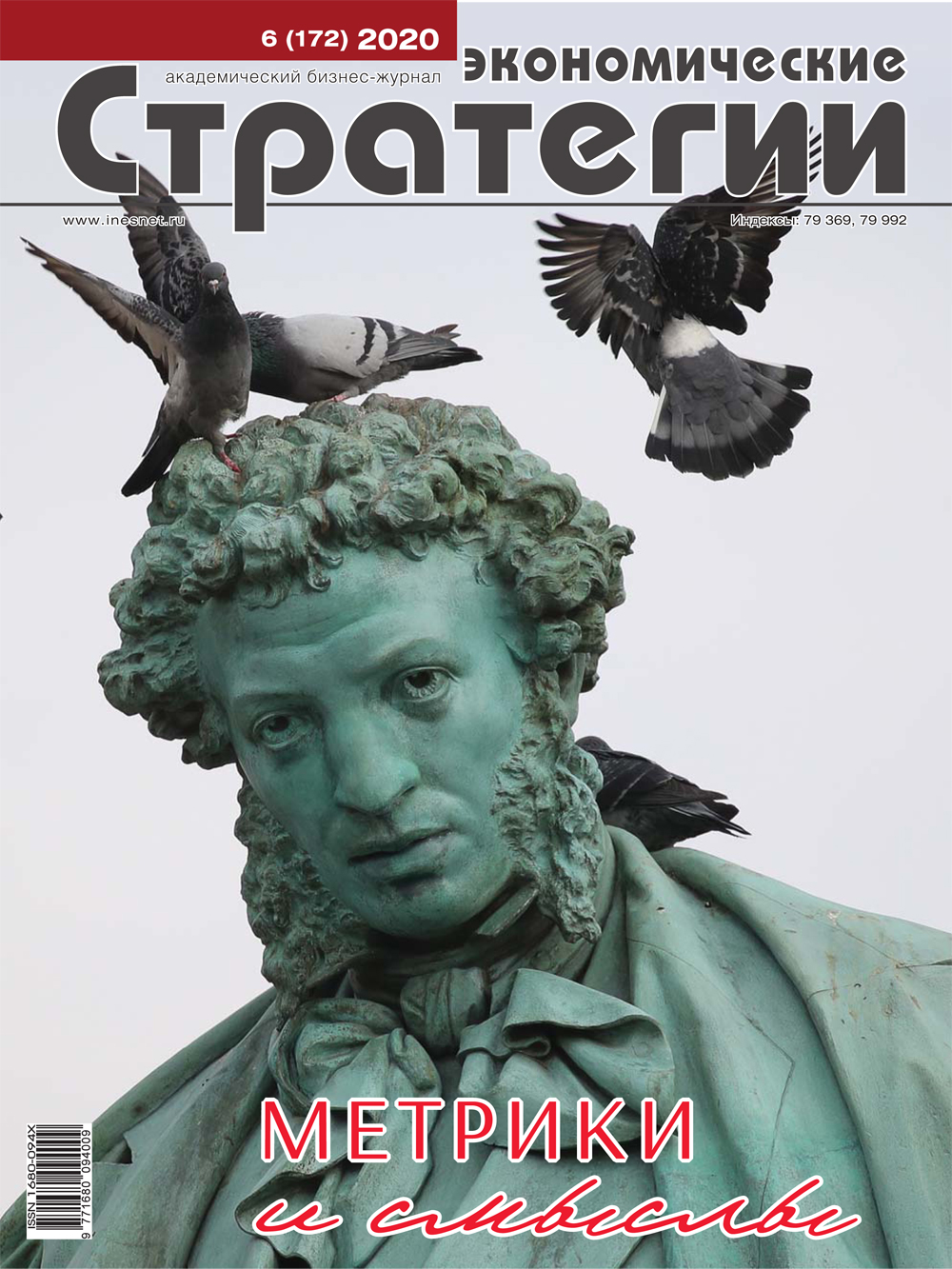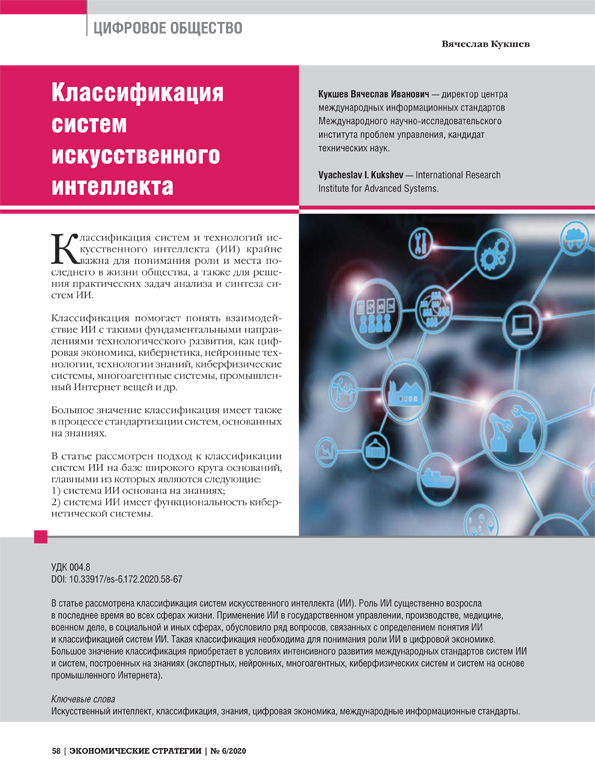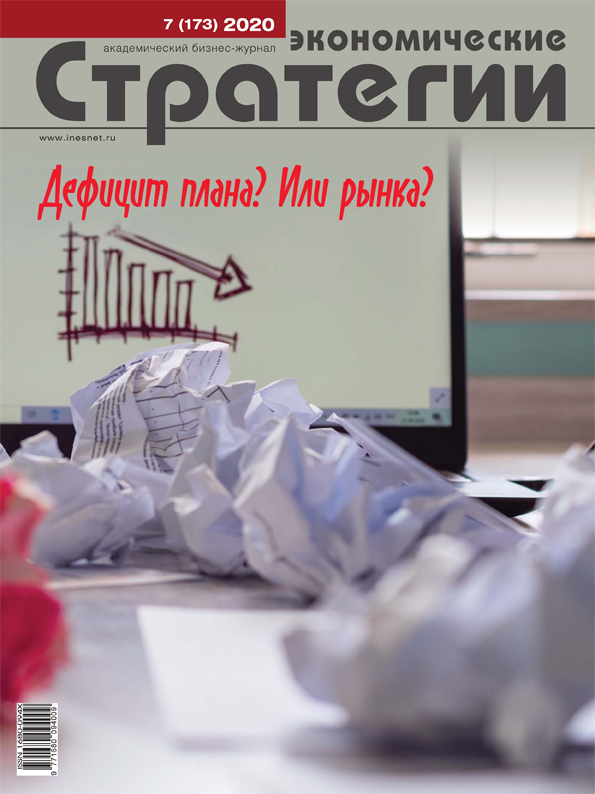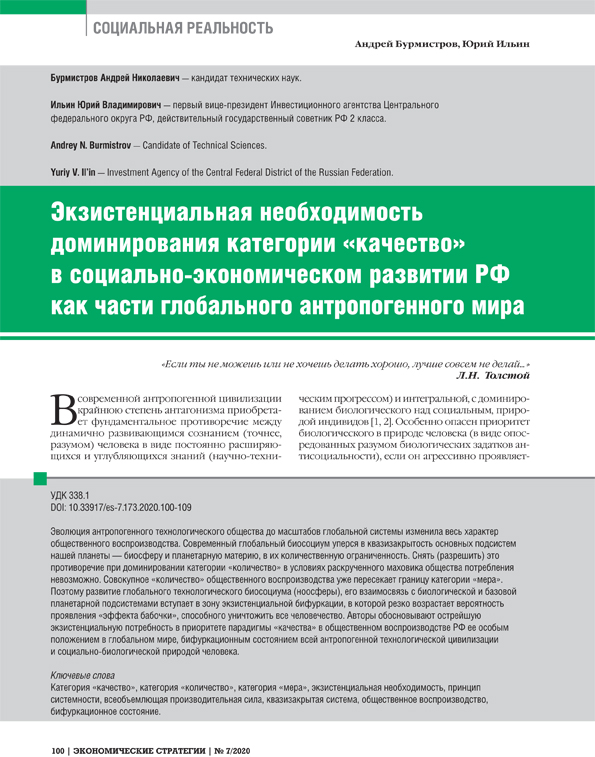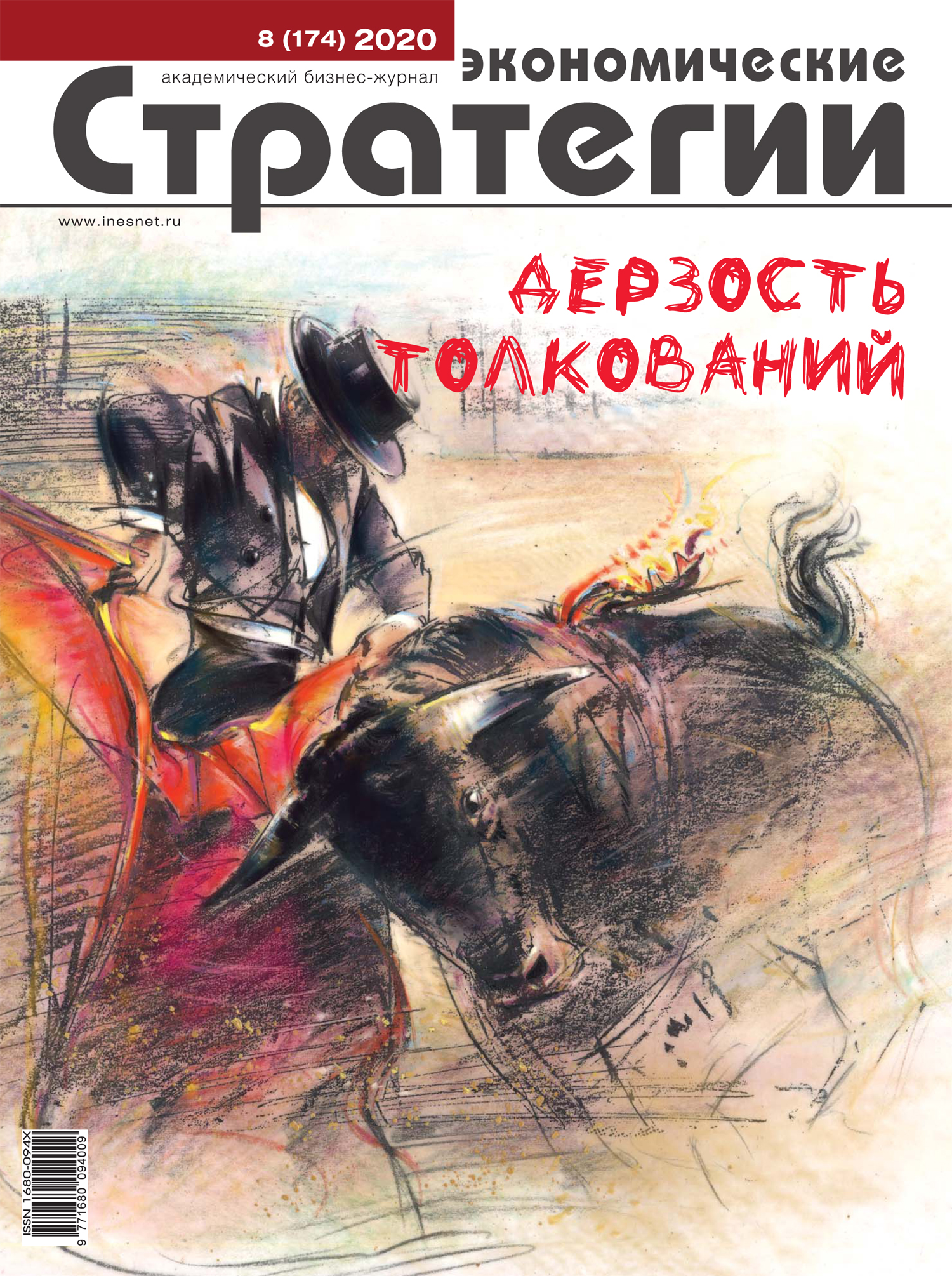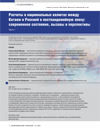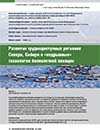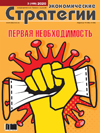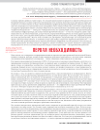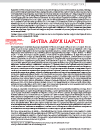
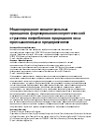
DOI: 10.33917/mic-5.94.2020.26-38
A study of the methodological and methodological aspects of managing economic processes allowed the authors to determine the basic conceptual principles for the formation of an energy strategy for the use of natural gas in industrial enterprises and distribute them into groups. This article presents the author’s classification of the system of principles for the formation of an energy-efficient strategy for using natural gas at an industrial enterprise, analyzes the principles considered on this issue, which allowed them to be combined into the following target groups: organizational, economic, financial, environmental, technological, methodological and specific. The authors propose, formulate and justify two new specific principles for the formation of an energy strategy: the risk principle of the energy strategy and the principle of reorganization of energy chains of natural gas consumption by an enterprise. For most of the principles presented, regression models have been developed for their quantitative assessment. Conclusions are made regarding the proposed classification of principles, according to which all principles are of equal importance in the implementation of the energy strategy and should be implemented and investigated simultaneously.
Продолжить чтение


